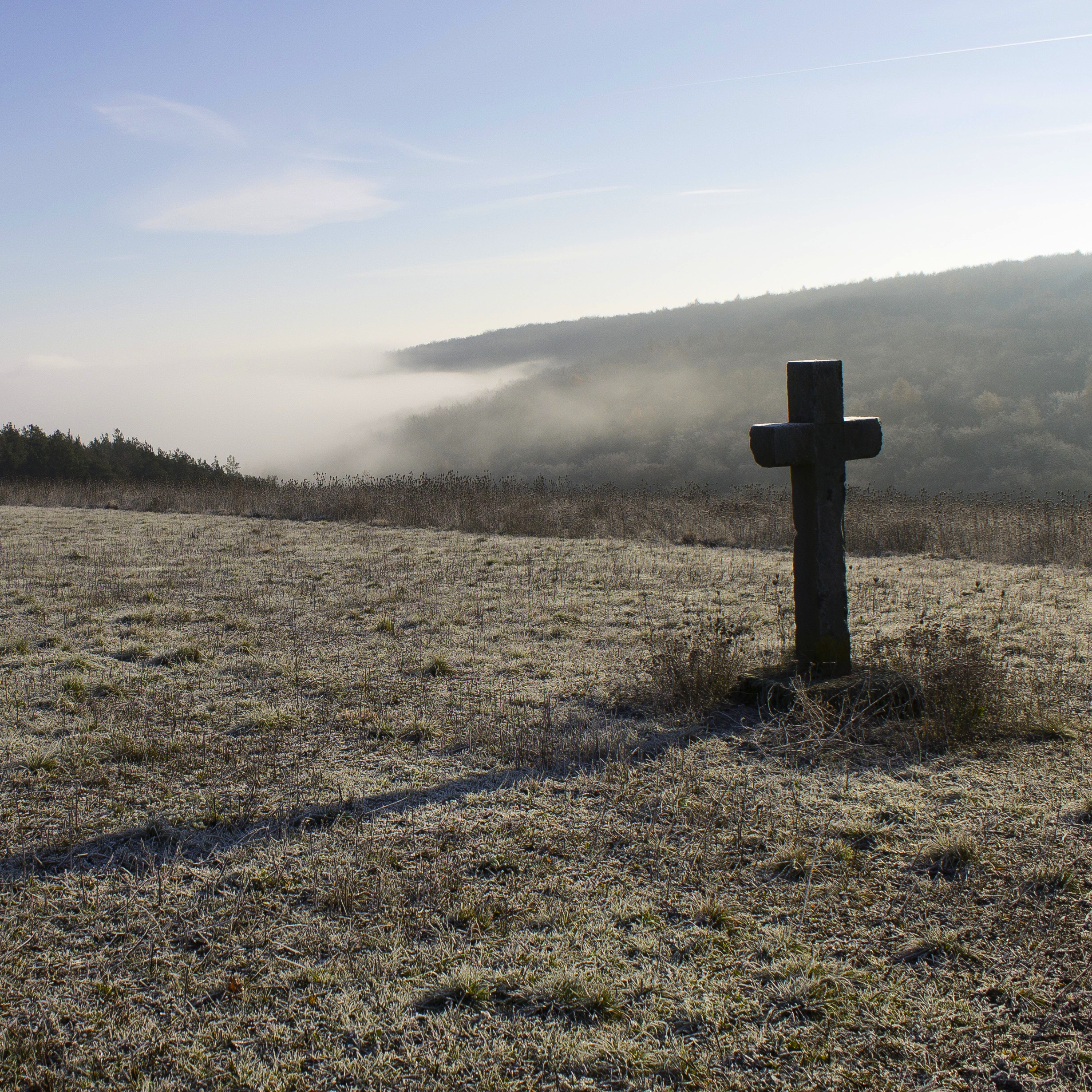From Chapter 1 of Preparing the Way: A Social Justice Study for Lent. We’re offering this free resource to you and your congregation as we walk through the season of Lent together. Download the full PDF here.
Scripture: Exodus 16:4-8; 13-18 (NRSV)
Then the LORD said to Moses, “I am going to rain bread from heaven for you, and each day the people shall go out and gather enough for that day. In that way I will test them, whether they will follow my instruction or not. On the sixth day, when they prepare what they bring in, it will be twice as much as they gather on other days.” So Moses and Aaron said to all the Israelites, “In the evening you shall know that it was the LORD who brought you out of the land of Egypt, and in the morning you shall see the glory of the LORD, because [the LORD] has heard your complaining against the LORD. For what are we, that you complain against us?” And Moses said, “When the LORD gives you meat to eat in the evening and your fill of bread in the morning, because the LORD has heard the complaining that you utter against [the LORD] —what are we? Your complaining is not against us but against the LORD.”
In the evening quails came up and covered the camp; and in the morning there was a layer of dew around the camp. When the layer of dew lifted, there on the surface of the wilderness was a fine flaky substance, as fine as frost on the ground. When the Israelites saw it, they said to one another, “What is it?” For they did not know what it was. Moses said to them, “It is the bread that the LORD has given you to eat. This is what the LORD has commanded: ‘Gather as much of it as each of you needs, an omer to a person according to the number of persons, all providing for those in their own tents.’“ The Israelites did so, some gathering more, some less. But when they measured it with an omer, those who gathered much had nothing over, and those who gathered little had no shortage; they gathered as much as each of them needed.
Social Justice Reflection
Every one of us eats. Indeed, all living things are dependent on food, which makes it an incredibly valuable resource. So how we get it, who gets enough of it and the choices we make around it become critical social-justice issues. Our relationship with what we eat is as simple — and as complex — as that.
For people of faith, food is a part of who we are spiritually as well as physically. It is the stuff of fellowship and outreach, miracles and rituals, an extension of welcome and a reminder of the Creator’s generosity. Food connects our lives with people we know and those we will never meet, from our neighbor with diabetes to the farmworkers who plant, tend and harvest, to the mother in a destabilized nation who lives with the daily fear that her children will starve to death before her eyes.
All of these issues are being addressed by faith-based and secular organizations. At a spiritual and practical level, our appreciation of that work and the need for it is strengthened when we connect it to such critical issues as personal health, farmworkers and immigration, care of creation, racial reconciliation, economic justice and peace. Food impacts and links them all.
For instance, imagine a world where everyone had enough.
Some folks would still have more than others, but even our sisters and brothers with the absolute least would be able to live without chronic deprivation. Applied to food, as in the story of manna and quail from Exodus, it still might not be a perfect world, but it would likely be a healthier and more peaceful one.
Instead, right now:
- Globally, 27% of all children suffer irreversible physical damage due to malnutrition, and it is an underlying cause of death for 2.6 million children each year.
- Let me say that again. According to Save the Children, more than a quarter of all the children in the world suffer permanent physical harm from lack of nutritious food.
- In the U.S., three in five teachers report having children in their classroom who regularly come to school hungry.
- In North Carolina, almost half of all farmworker households may not have enough food to eat.
And the issue transcends hunger. How our meat is raised has serious implications for the planet in terms of methane-gas production as well as fossil fuel and water use. The choices we make as individuals about what and how much we eat impact our personal health. And the accessibility to nutritious options through urban farmers markets or community gardens can make lifelong, life-lengthening changes for people in areas with otherwise limited choices, but only if those markets and gardens are readily available.
Those of us whose sacred text includes stories of bread in the wilderness and a multitude fed with leftovers must extend the miraculous power of food to everyday life in a complicated world. God gives us an abundance and the ability to begin global change through our personal and local choices. By working together, we move forward to a place where we recognize the transcendent, miraculous power of what is on our plate.
Closing Prayer
Loving God, Creator of all, help us to respect your generosity and to understand that your abundance calls us to care for ourselves, for each other, and for our planet. May we accept the challenge to take no more than we need and to give what we can so that all will have enough. Amen.
Link
ncchurches.org/food-curriculum
-Aleta Payne, Development & Communications

